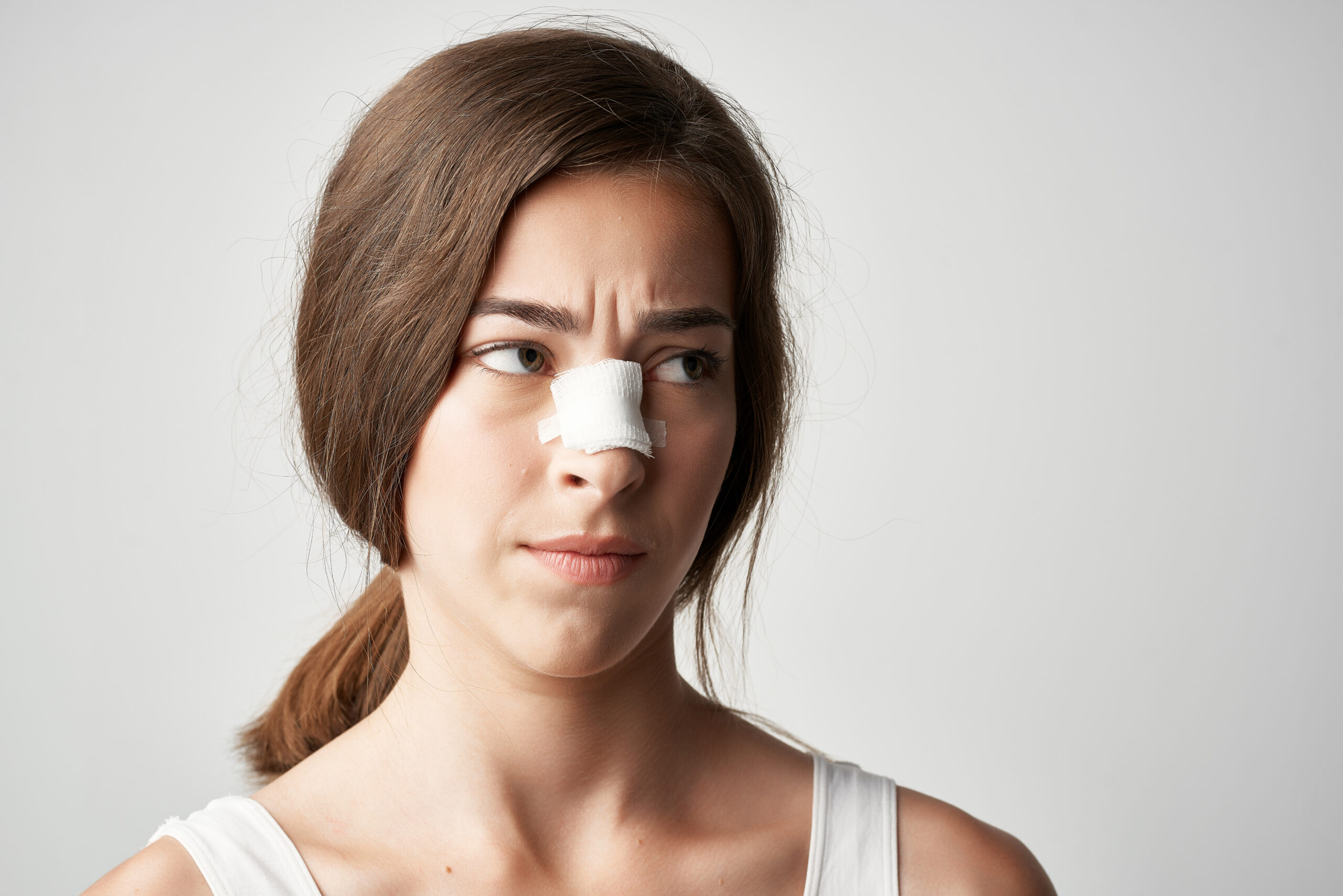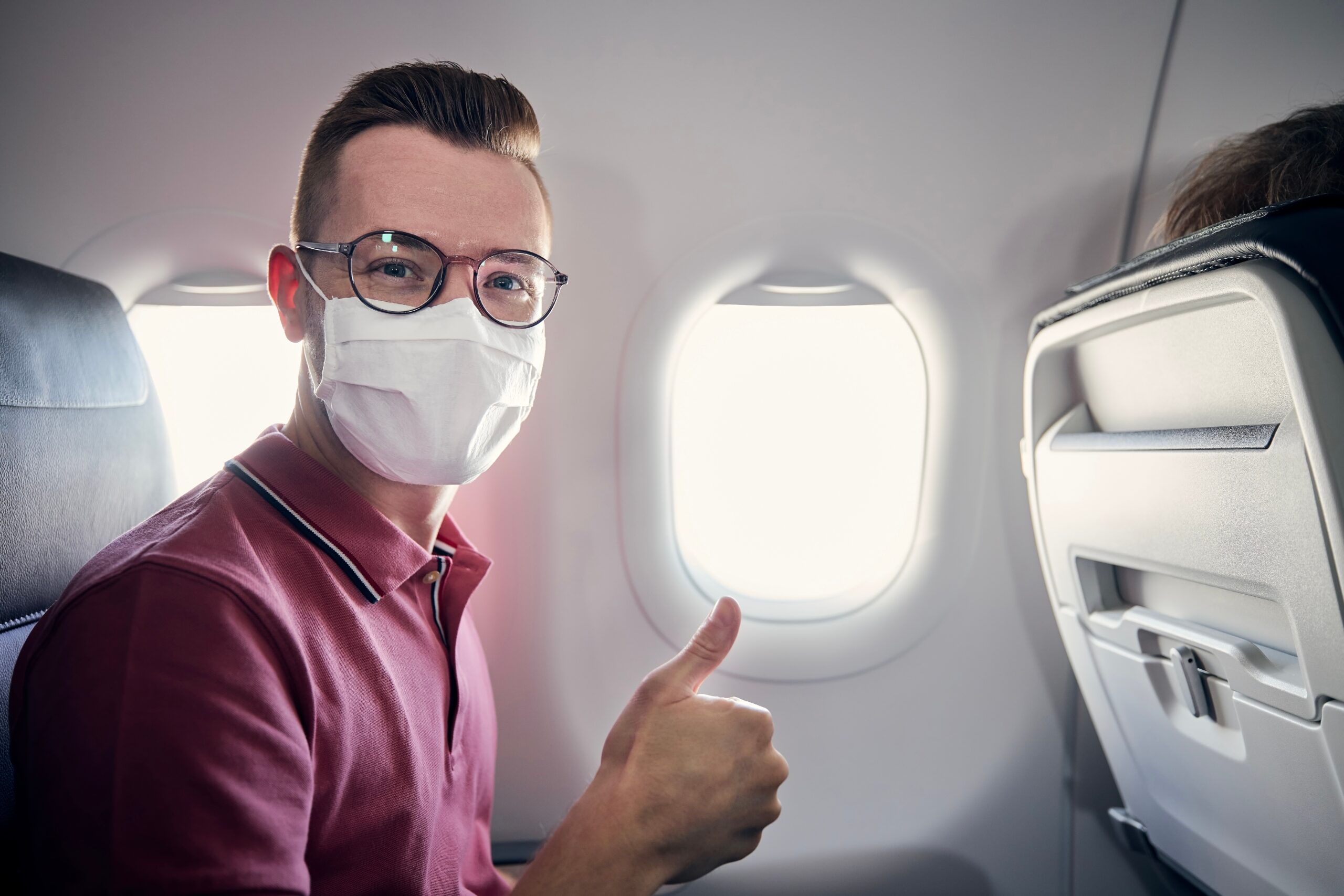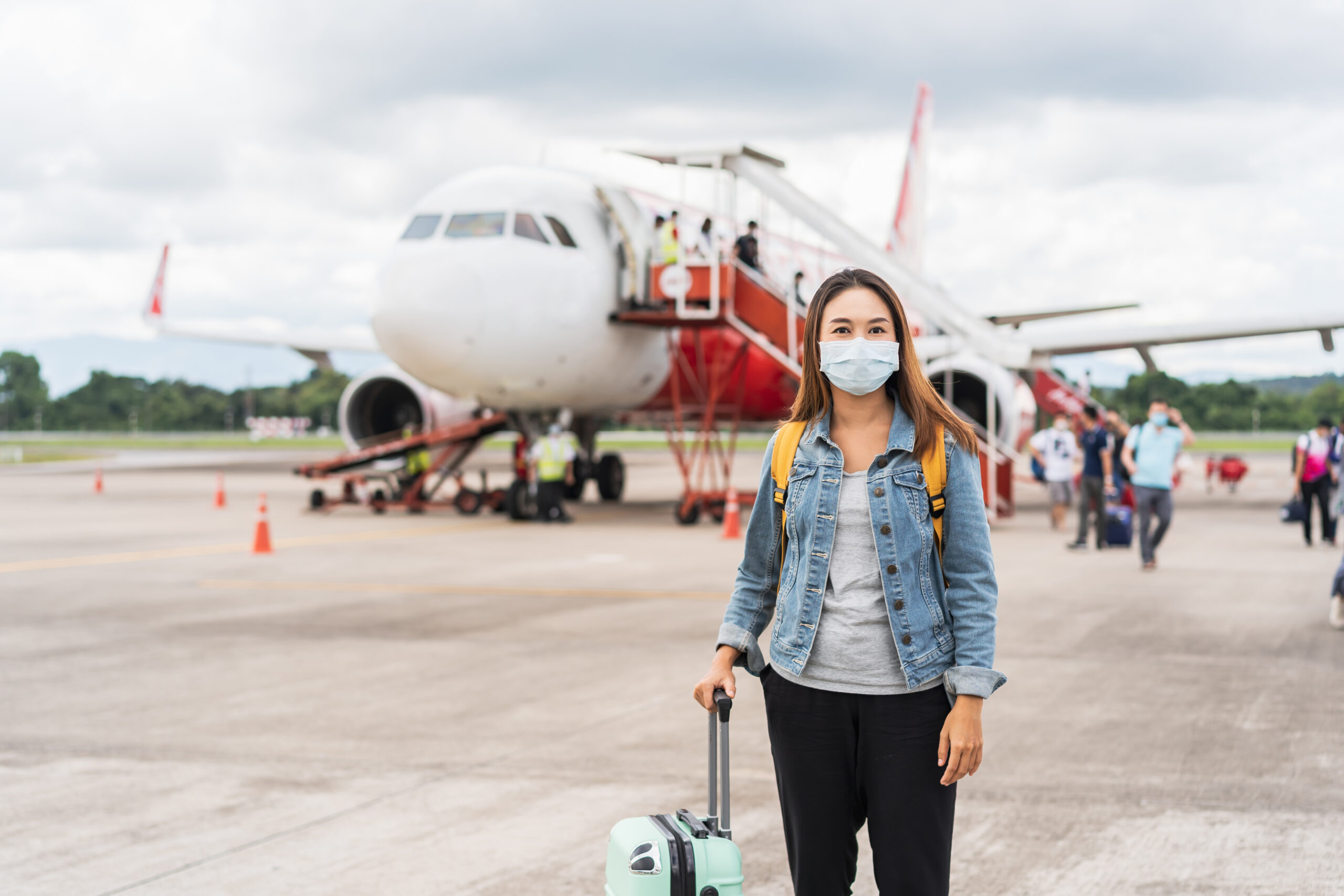Flying After Nose Surgery Tips, Recovery & Precautions
Introduction:
Flying after nose surgery might seem daunting, but with the right preparation and precautions, it can be managed safely. Whether you’re dealing with pressure changes or packing essential medications, each step of the journey after rhinoplasty is crucial to ensure a smooth recovery. If you’re unsure how soon you can travel or what to expect in terms of comfort, this guide provides expert tips to help you navigate air travel post-surgery, minimizing complications and enhancing your experience.
Key Takeaways
- Wait at least 7 to 10 days after nose surgery before flying to avoid complications.
- Consult your surgeon for personalized advice and follow their recommendations.
- Prepare for air travel by packing essential medications and health items.
- Manage comfort during the flight by staying hydrated and handling pressure changes.
- Monitor for increased swelling and manage discomfort after the flight.

Flying After Nose Surgery: Tips, Recovery & Precautions
Flying after nose surgery, or rhinoplasty, requires careful planning and consideration. Your body needs time to heal, and air travel can complicate this process. Therefore, understanding the right steps and precautions can help ensure a smooth recovery.
Initial Considerations and Quick Tips
Before booking a flight post-surgery, keep these points in mind:
- Wait at least 7 to 10 days before flying to minimize risks.
- Always consult your surgeon for personalized advice.
- Prepare for air travel with essential medications and health items.
These steps are crucial in avoiding complications and ensuring a comfortable journey.
Preparation for Air Travel
Proper preparation is key to a successful flight after nose surgery. Quick tips include:
- Check with your surgeon about the best time to fly.
- Pack necessary medications, including nasal decongestants and saline sprays.
- Bring health and safety items like a travel pillow and plenty of water.
Pre-Flight Preparation
Getting ready for your flight involves more than just packing your bags:
- Consult Your Surgeon
Your surgeon knows your specific case best and can provide tailored advice on when it’s safe to fly and any additional precautions you should take. - Medications to Pack
- Nasal decongestants to help manage pressure changes.
- Saline nasal spray to keep your nasal passages moist.
- Pain relievers as recommended by your surgeon.
- Health and Safety Items to Bring
- A travel pillow to support your head and neck.
- Plenty of water to stay hydrated during the flight.
- Comfortable, loose-fitting clothing to avoid pressure on your nose.
Understanding the Recovery Process
Knowing what to expect during recovery helps you make informed decisions about flying.
- The First Few Days Post-Surgery
Immediately after surgery, your nose will be swollen and bruised. This is a critical period for healing, and you should avoid flying. Rest is essential during these first few days. - Typical Recovery Timeline
- First Week: Swelling and bruising are most prominent. Avoid flying.
- Second Week: Swelling reduces. Consult your surgeon before considering air travel.
- Third Week: If cleared by your surgeon, you can begin planning your flight.
- Signs You Are Ready to Fly
- Significant reduction in swelling and bruising.
- No severe pain or discomfort.
- Approval from your surgeon.

Managing Comfort During the Flight
Once cleared to fly, managing your comfort is vital. Here’s how:
- Handling Pressure Changes
Pressure changes during flight can cause discomfort. To manage this:- Use a nasal decongestant before takeoff and landing.
- Chew gum or suck on candy to help equalize pressure in your ears.
- Consider using earplugs designed for air travel.
- Staying Hydrated
Hydration is crucial for recovery. Drink plenty of water to keep your nasal passages moist and reduce discomfort. - Avoiding Activities That Elevate Blood Pressure
Avoid lifting heavy bags, rushing through the airport, or engaging in strenuous activities that can increase swelling and discomfort.
Post-Flight Care
After your flight, continue to take care of yourself:
- Monitoring for Increased Swelling
Flying can sometimes cause increased swelling. If you notice significant swelling, consult your surgeon immediately. - Managing Discomfort After Flying
Use pain relievers as recommended by your surgeon and continue to stay hydrated. Rest and avoid strenuous activities for a few days to allow your body to recover fully.
Precautions to Avoid Complications
Taking the right precautions helps you avoid complications:
- Avoiding Airborne Illnesses
Airplanes can be breeding grounds for germs. To avoid getting sick:- Wear a mask to protect yourself from airborne illnesses.
- Use hand sanitizer frequently.
- Avoid touching your face, especially around your nose and mouth.
- Maintaining Nasal Hygiene
Use saline nasal spray regularly to keep your nasal passages clean and free from irritants. - Avoiding Strenuous Activities
Avoid heavy lifting, intense exercise, and other strenuous activities until your surgeon gives you the all-clear.
Frequently Asked Questions
How soon can I fly after nose surgery?
Most surgeons recommend waiting at least 7 to 10 days before flying to allow your body to begin healing and reduce the risk of complications. Always consult your surgeon for personalized advice.
What should I do if I experience severe discomfort during the flight?
If you experience severe discomfort, use a nasal decongestant and saline spray to help manage pressure changes. Stay hydrated, and if the discomfort persists, consult your surgeon as soon as possible after landing.
Are there specific medications I should bring?
Yes, bring any medications your surgeon has recommended, including nasal decongestants, saline spray, and pain relievers, to manage discomfort and ensure a smoother recovery during and after your flight.
By following these tips and precautions, you can ensure a safe and comfortable journey. Always consult your surgeon for personalized advice and follow their recommendations closely. Safe travels!
ACT NOW! GET A FREE CONSULTATION - TODAY ONLY!
CALL US NOW TO LEARN MORE ABOUT HOW A BROKEN NOSE IS REPAIRED BY A PLASTIC SURGEON! 346-413-9313
Don’t miss this exclusive opportunity to get expert advice and begin your journey towards a new, confident you. Texas Sinus and Snoring's dedicated team is ready to help you achieve the results you've always wanted. Contact us today to schedule your free consultation and take the first step towards a better, more confident you!
